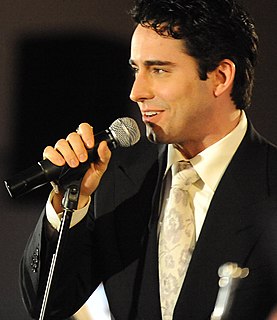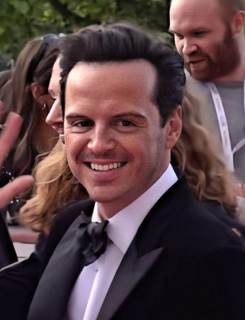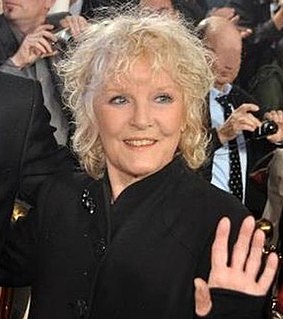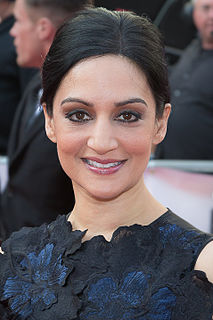A Quote by John Lloyd Young
I don't have a Jersey dialect. So when I approached the singing, I approached it the same way as an actor I approach a dialect, just as a singer.
Related Quotes
Dialogue that is written in dialect is very tiring to read. If you can do it brilliantly, fine. If other writers read your work and rave about your use of dialect, go for it. But be positive that you do it well, because otherwise it is a lot of work to read short stories or novels that are written in dialect. It makes our necks feel funny.
It's just like they approach things on every movie I've worked on, very much as if it was a live-action movie. The character you're playing, even though he's a rooster and is really stupid, you approach it in the same way you would approach Hamlet, which is exactly how I approached it. But they give you the circumstances. "You're on the boat. You didn't expect to be here. You just climbed in a boat to maybe sleep. You don't even know why you climbed in the boat. You're really that dumb.
I'm an actor. The fact that I'm involved in Jigsaw, I don't approach Jigsaw any differently than I approached The Nordic in 'The Firm' or FBI Agent Stokes in 'Mississippi Burning.' It's the same deal. It's just that the effect is sometimes different. So I say, people ask me, 'How does it feel to be a horror icon?' I'm thrilled. It's great.


































